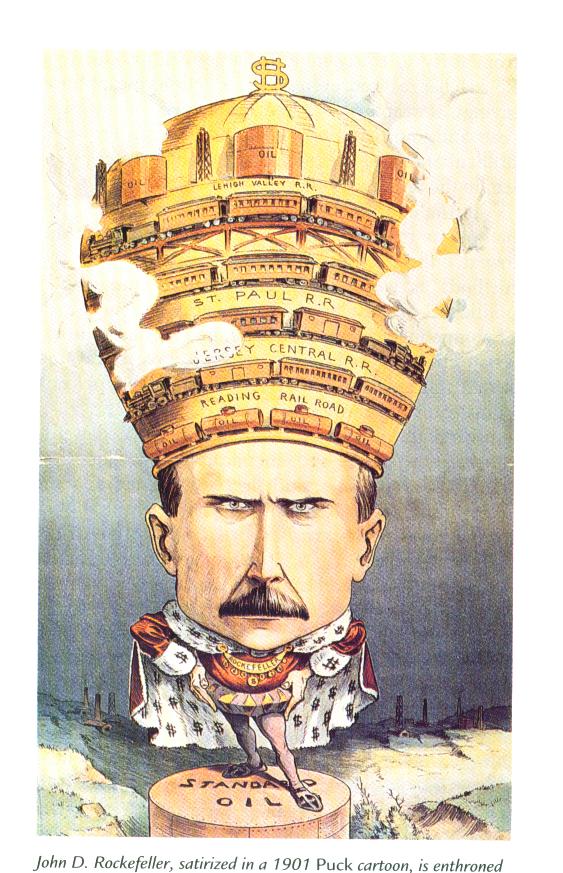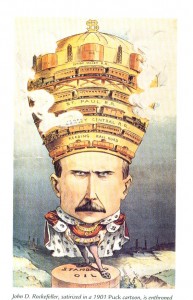When someone punches you unprovoked, what moral rule should you follow?
While riding my bicycle past a housing project in the city of St. Louis yesterday, six teenaged boys ran up to me. I suspected trouble. One of the teenagers ran alongside me. I was concerned that he was going to push me off my bicycle, so I hopped off. He looked nervous, and we all froze for a couple seconds, with the other five teenagers standing about 20 feet away. The teenager closest to me suddenly reached back and took a swing at me, punching me on my right shoulder. I wasn’t hurt much, even though this kid was trying to hurt me. Though I had previously been in only one other fight in my entire life (a minor scuffle when I was about 10), I assumed that I could handle two or three of these teenagers (assuming that they didn’t have weapons), but not six of them. Instead of lunging for the attacker, I yelled, “Cut it out!” He immediately backed off, then all six young men scampered about 150 feet away, taunting me as they went. I crossed the road toward a restaurant and they stayed away. This all happened along a well-traveled road.



